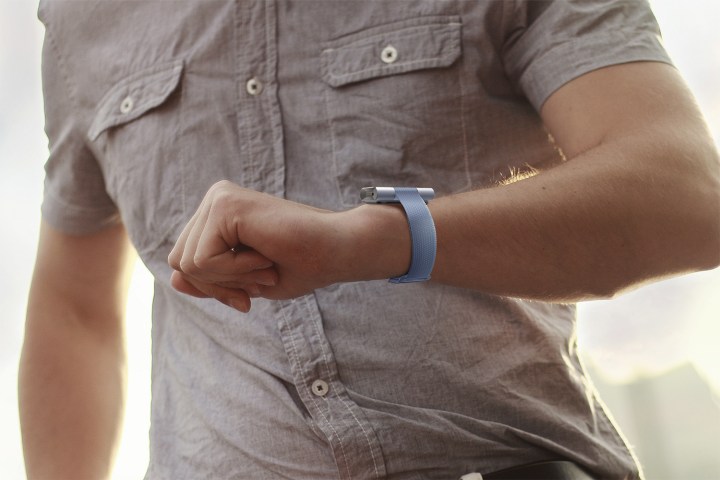
According to the latest research, there are little to no privacy standards in existence when it comes to consumer health data. So what does that mean for you? Perhaps most immediately, more targeted ads.
While devices like Fitbits and Apple Watches certainly have their uses, they’re also being exploited by a range of industries curious to learn more about consumer habits and how best to leverage them for profit. “Many [wearables] are already being integrated into a growing Big Data digital health and marketing ecosystem, which is focused on gathering and monetizing personal health data in order to influence consumer behavior,” the report says. Alarmingly, researchers concluded that if things continue as they are today, “the extent and nature of data collection will be unprecedented.”
If you think that targeted ads are already pretty targeted (tired of being reminded of your pending Amazon order when you log into Facebook?), things could be getting worse, and fast. Since your wearable knows where you are at all times, that could make location-based ads worse, and with personal health data readily available, specified ads could get even more … specific.
Consumer data has become so valuable that, rather than selling that information to data brokers or ad networks, wearable companies will either be part of large digital marketing operations, or create their own ad networks and buy data themselves from marketing clouds to enhance consumer profiles in order to engage in targeted marketing,” the report’s authors warn.
But this doesn’t mean that all is lost. Rather, researchers say that now is the perfect time to take action and be proactive.
“The connected-health system is still in an early, fluid stage of development,” co-author and American University communications professor Kathryn C. Montgomery said. “There is an urgent need to build meaningful, effective, and enforceable safeguards into its foundation.”
Executive Director of the Center for Digital Democracy and co-author Jeff Chester echoed these sentiments, saying, “Americans now face a growing loss of their most sensitive information, as their health data are collected and analyzed on a continuous basis, combined with information about their finances, ethnicity, location, and online and off-line behaviors.” As such, he urged policymakers to “act decisively to protect consumers in today’s Big Data era.”


